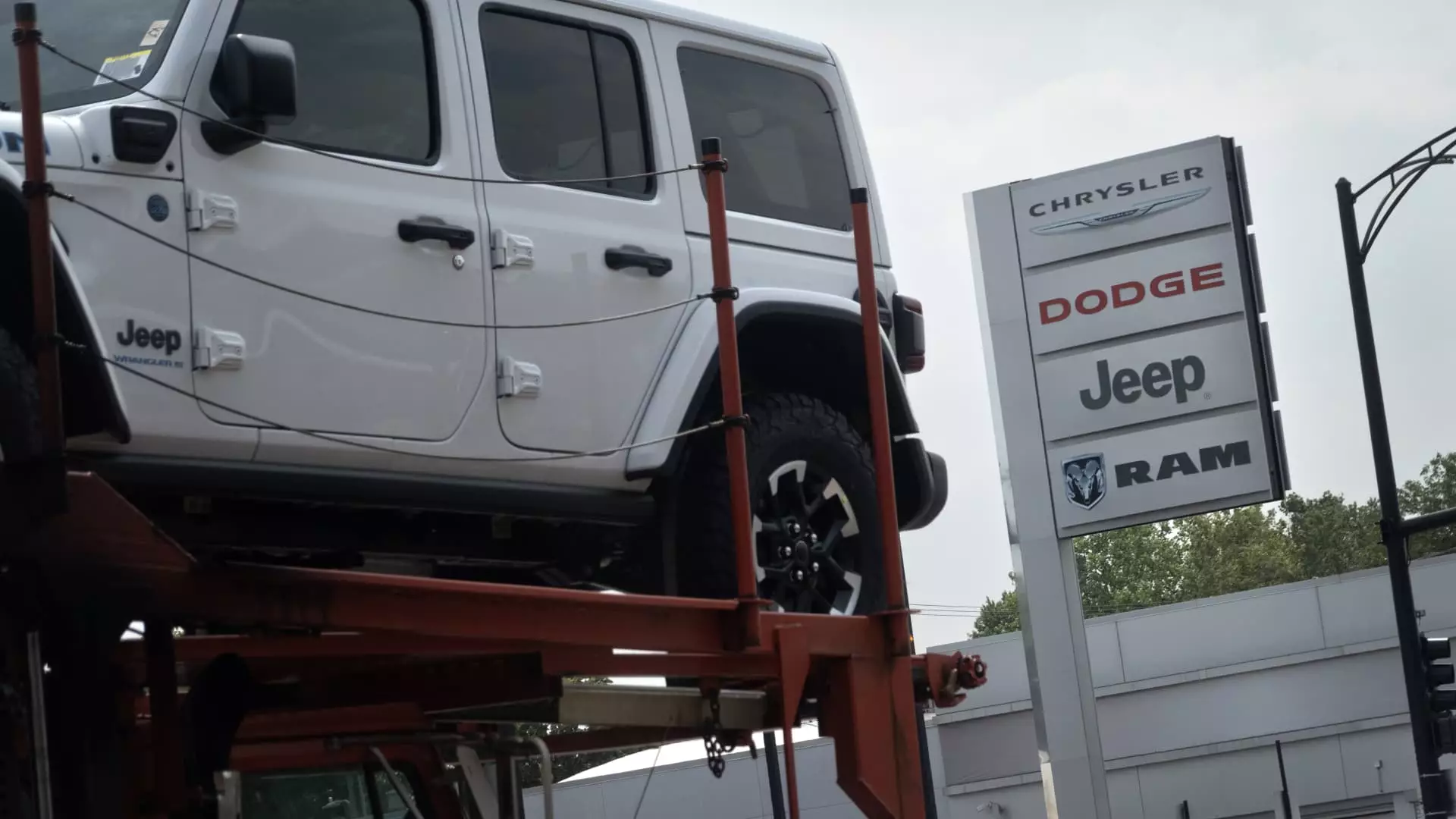The U.S. auto industry has seen a 2.9% increase in sales during the first half of the year compared to the previous year. However, concerns are rising about the sustainability of this growth for the rest of the year. Factors such as growing vehicle inventory levels, increasing incentives, and uncertainties surrounding the economy, interest rates, and the upcoming U.S. presidential election are contributing to the looming slowdown in sales growth.
While consumers may benefit from unprecedented supplies of new vehicles and record prices during the pandemic, automakers are facing challenges. The shift in growth from consumer sales to commercial sales is affecting profitability, with automakers experiencing headwinds in pricing and profit. This shift is likely to impact most automakers, who have been enjoying record profits due to high demand in recent years.
The economic uncertainties surrounding the industry are creating difficulties for automakers to build upon their recent sales successes. Wall Street analysts predict challenges for most automakers in maintaining the record or near-record levels of profits seen in recent years. The second half of the year may not sustain the growth seen so far, leading to concerns about the future of auto sales.
According to Cox Automotive, General Motors, Toyota Motor, and Honda Motor are expected to be the top-performing companies in terms of sales during the first half of the year. However, some automakers are facing challenges, with Tesla projected to experience a 14.3% decrease in sales and Stellantis expected to see a 16.5% decline through June. Honda has surpassed Stellantis in U.S. sales, highlighting the changing landscape of the industry.
The increase in supply of new vehicles marks the end of the seller’s market that has defined the industry in recent years. This shift is expected to result in further deterioration in new vehicle grosses and dealer profitability. Automakers will need to address these challenges to adapt to the changing market dynamics and ensure their sustainability in the future.
The U.S. auto industry is facing a period of uncertainty and challenges as it navigates through the changing landscape of sales growth. While consumer demand remains strong, economic uncertainties and shifting market dynamics are posing obstacles for automakers. Adapting to these challenges and implementing strategic measures will be crucial for the industry players to sustain their operations and remain competitive in the evolving market.

